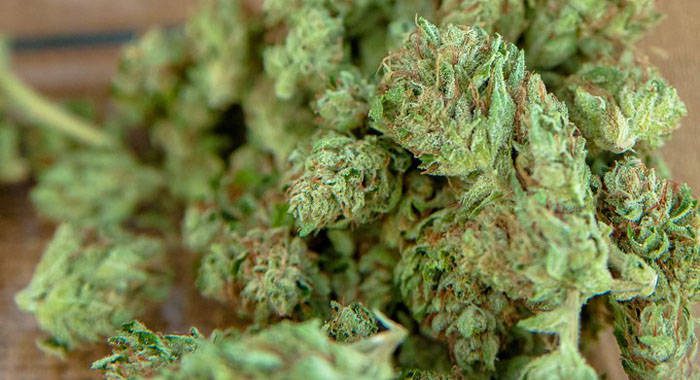If CARICOM countries follow the advice of the marijuana commission and legalise marijuana for all purposes, they would not be doing so without any evidence of the effect that this is likely to have.
The CARICOM Marijuana Commission, in its report earlier this month, noted that the region has now had the benefit of observing the effects of law reform not just in countries around the world, but in Jamaica, which presents three years of experience since leading decriminalisation efforts (and de facto legalisation for small amounts) in 2015.
“The latest data reveals that there has not been any discernible increase in use, but also no increase in psychosis cases,” the report said, adding that criminal arrests have decreased and Jamaica has begun to reap benefits from the cannabis industry.
“Significantly, the numbers of persons approving of law reform for various reasons have increased, between 70 per cent and 90 per cent. Clearly, even many of the sceptics have been converted. The problems being experienced relate to teething administrative issues such as licensing arrangements and the like,” the report said.
The commission said that the analysis of the comprehensive information gathered indicates that the current legal regime for marijuana, characterised as it is by prohibition and draconian criminal penalties, is “ineffective, incongruous, obsolete and deeply unjust.
“After considering the most up to date evidence and the views of Caribbean peoples, the Commission is unanimous in its view that the status quo with respect to the legal regime governing cannabis/marijuana cannot be maintained and legal reform should be a priority for Member States.”
In outlining the reasons for its position, the commission said it accepts that marijuana is a substance with psychoactive properties that have the potential for negative health consequences and mental health complications, especially among the youth.
“However, the health risks are concentrated in high risk persons, in particular, the youth, and specific risk situations. Even as it acknowledges the need for more robust research with regard to some claims, the Commission is satisfied that significant support exists in the literature with regard to the potential beneficial and adverse effects associated with marijuana, such that a realistic law reform process and regulatory regime can be designed.”
It said that there is conclusive evidence that marijuana is beneficial for several ailments; there is moderately strong evidence for another group of illnesses and emerging evidence, with good prospects for scientific proof in the near future, for others.
“More importantly, scientific evidence has now disproved, or severely challenges, some of the most popularly held beliefs and perceptions of harm that currently underpin the law, in particular, the gateway theory, addiction and causative factors in relation to psychosis. It also establishes that cannabis is less harmful, or no more harmful than substances that are not prohibited under law, like alcohol.”
Of the potential adverse effects, the commission said it is guided by the conclusive evidence that exists for the negative effect on the adolescent brain and on driving.
“Consequently, cannabis/marijuana use for children and young persons is not recommended, except in medical treatment, as it may affect memory, learning and attention and may put youth at risk for early onset of psychosis. Driving under the influence is also not recommended.”
The commission said that, on balance, after evaluating the scientific data and testimonies from the public, the commission is of the view that the proven medical benefits of cannabis/marijuana in several areas outweigh the risks.
“This finding is consistent with those of numerous other national bodies/commissions in the region and globally and that of international bodies, the most influential of which have labelled the current legal regime ‘redundant’ and ‘obstructionist.’”
The commission said that a public health, rights-based, non-prohibitionist approach focused on high-risk users and practices — similar to the approach favoured with alcohol and tobacco — allows for more control over the risk factors associated with cannabis-related harms than the current, ineffective prohibition, which heightens health risks and induces social harms.
The report said it may be necessary to invest resources in treating cannabis/marijuana as a public health issue, at least in the short-term, notwithstanding general expectations to public health.
“It should be noted that the Commission’s Economics Study illustrates that significant earnings may be realised from averted enforcement costs, sales, licensing requirements for production, taxes and other revenue for a law reform model that is strictly regulated by the state. Funding costs may, therefore, be offset by these revenues,” the report said.






